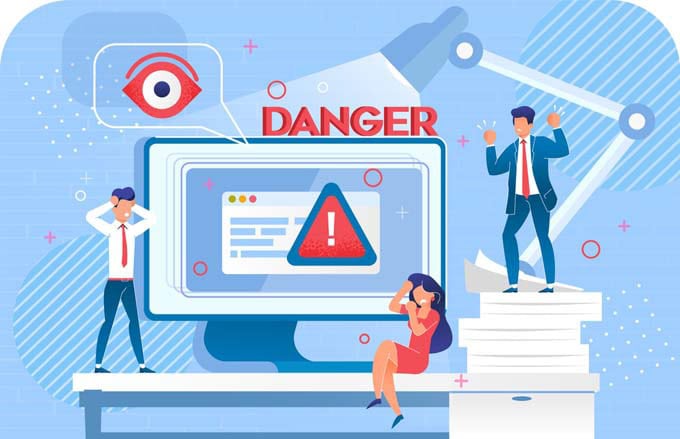Sue Wikipedia? What you can do against spicy details
As an online encyclopedia, Wikipedia contains a considerable number of articles on living persons - such as entrepreneurs, politicians and public figures. Since the articles reflect the reception of the media, conflicts are always a given when it comes to criticism and negative reports. But how can spicy details be made to disappear from the article? The Wikipedia experts from Aufgesang and Sucomo give tips on the right way to proceed.

"A typical example of Wikipedia conflicts are investigations that were opened against a person and later discontinued without result - such details can violate personal rights under certain circumstances," explains Peter Montag, Wikipedia expert at the PR agency Aufgesang. "According to a ruling by the Stuttgart Higher Regional Court, one does not have to accept it in every case if investigations or criminal proceedings that have long since been discontinued are reported (OLG Stuttgart, AZ: 4 U 78/13). This also applies to Wikipedia if no public interest can be asserted."
An exchange with the community almost always leads to the goal
Markus Franz, managing director of the PR agency Sucomo, explains that there are various options for achieving the desired correction: "Under no circumstances should you take action yourself and simply delete sections of the article. It is advisable to first contact the Wikipedia author who inserted the information into the article, or to suggest a corresponding change on the discussion page of the Wikipedia article. If none of this helps, the person concerned should contact the operator of Wikipedia with a deadline - this is the Wikimedia Foundation registered in the United States and not the German association Wikimedia Deutschland."
In addition to discontinued preliminary proceedings, criminal offences are also objectionable if no long-term connection with the encyclopaedically relevant area of the person's life is recognisable, as are false factual assertions and defamatory criticism - but not general value judgements about one's own person, which are covered by freedom of opinion.
The chances for a positive outcome are good, because Wikipedia sees itself as having a special responsibility to consider human dignity and privacy when it comes to articles about living persons. It wants the community to "treat with patience, kindness, and respect any person who raises a complaint about their representation in our projects" (Wikimedia Foundation resolution).
A free guide offers advice and support on all questions relating to Wikipedia:
https://www.aufgesang.de/wikipedia-leitfaden
About Aufgesang
Founded in 1998, Aufgesang is now the leading PR agency in Lower Saxony in rankings and at the same time one of the few German agencies for communication in Wikipedia. Around 30 employees look after permanent existing and project clients from a wide range of industries. The agency regularly conducts studies and surveys to keep its know-how up to date, optimize its own tools and further develop the quality of its work. In addition, it shares its expertise in lectures and technical papers as well as at conferences. Aufgesang and the PR agency Sucomo work closely together on the implementation of Wikipedia projects and the transfer of knowledge and skills related to Wikipedia (in the form of workshops, for example).









